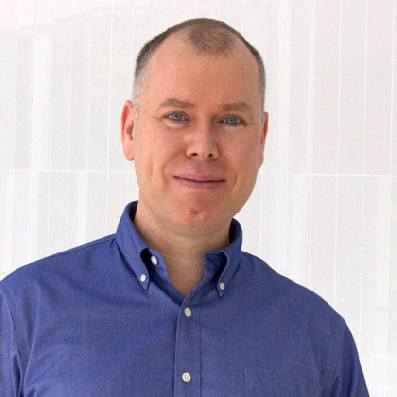
By Elaine Smith
When you’re learning about the political, social and economic transformations in the European Union (EU), where better to do it than in the heart of the EU itself? A group of York University students had that chance as part of a study abroad experience.

For the first time since the start of the pandemic, students in Glendon Professor Willem Maas’ course, The Netherlands and Europeanization, were able to learn about the Netherlands and the EU first-hand with the return of study abroad at York University.
“Having taught this course twice in virtual format, it was a welcome challenge to make it come together in person, and I’m very grateful to the many guest speakers who spoke with the class, and the many institutions we were able to visit,” said Maas. “Real, on-the-ground international experience is invaluable for students and is a completely different experience from classroom-based learning.”
The summer course, a three-week class that took students around the Netherlands and into Belgium and Luxembourg with a brief foray across the border into Germany, offered them an in-depth look into the workings of what Maas calls a “middle power” in the EU as a case study of this regional government that came into being after the Second World War.
“This intensive summer abroad course helps students understand political, social and economic transformations in the European Union through site visits, interviews and meetings,” Maas said.
The class was constantly on the move, starting off the course in the Dutch administrative capital, the Hague, and ending it in Amsterdam, with visits to Brussels, Luxembourg, Nijmegen and Rotterdam in between. The group visited a variety of institutions including the Dutch parliament, the International Court of Justice and other courts in the Hague and Luxembourg, several universities, the European Parliament and the European Commission. They met politicians, academics and diplomats who gave them personal insights into the workings of the EU and the roles they played.
In addition, there were opportunities to absorb history, business and culture: for example, Roman ruins, a Canadian war cemetery, the port of Rotterdam, and the Rijksmuseum, home to many renowned Dutch paintings by Rembrandt, Vermeer and others.
Ed Leurebourg, an international studies student, also found the course very meaningful and was appreciative of the experiential education opportunity.
“The insights and experiences gained through this time will last me a lifetime,” Leurebourg said. “We saw everything from national to interstate parliaments. We met with diplomats of all levels and career public servants doing an earnest job serving their country or the EU. We visited museums and institutions that showed us the importance of a union such as this one, and got to see what a world without it could resemble.
“In just a month, this course managed to give me the real-life perspective I have been missing.”
Maria D’Aguanno, who recently graduated with a BA in children, childhood and youth studies, said, “It was eye-opening for me.”
D’Aguanno registered for the course simply as a way to fill a necessary social science requirement, but came away with both new knowledge and a rich experience.
“I enjoyed every moment, even though I had no background in political science. It sounded interesting and it was hands-on. I learned about what the EU does, not only for Europe, but for Canada and the rest of the world; things I wouldn’t have known.”
One of the highlights for her was a virtual conversation with Dutch teachers where she had the opportunity to compare the Canadian and Dutch education systems and learn about how the Netherlands handled education during the pandemic.
“It made me think about how we could all come together to make learning more equitable and how I, as an educator, can assist parents and children who have limited resources.”
Of course, the class didn’t land in the Netherlands without any knowledge of the country. The course required them to do a number of readings and analyses prior to their travels and reflections both during and after the trip.
“I’d like my students to gain an empirical understanding and theoretical grounding to analyze developments and ideas related to the EU and European integration,” said Maas.
In addition to the body of subject knowledge the students gained, they also reaped other benefits.
“There were small things that meant a lot,” D’Aguanno said. “When you immerse yourself in a culture, it changes the way you see things. Interacting with the locals, I felt like part of the community, and I learned a lot through social interactions. You grow as an individual.
“You also need to start being more independent; you have to do things for yourself; there’s no one to do it for you. I recommend that everyone take advantage of at least one study abroad opportunity. You learn more than you will ever imagine and it stays with you.”
The Netherlands Summer Course will be offered again in 2024. For information on abroad courses offered this coming summer 2023, visit https://yorkinternational.yorku.ca/go-global/summer-abroad/.
